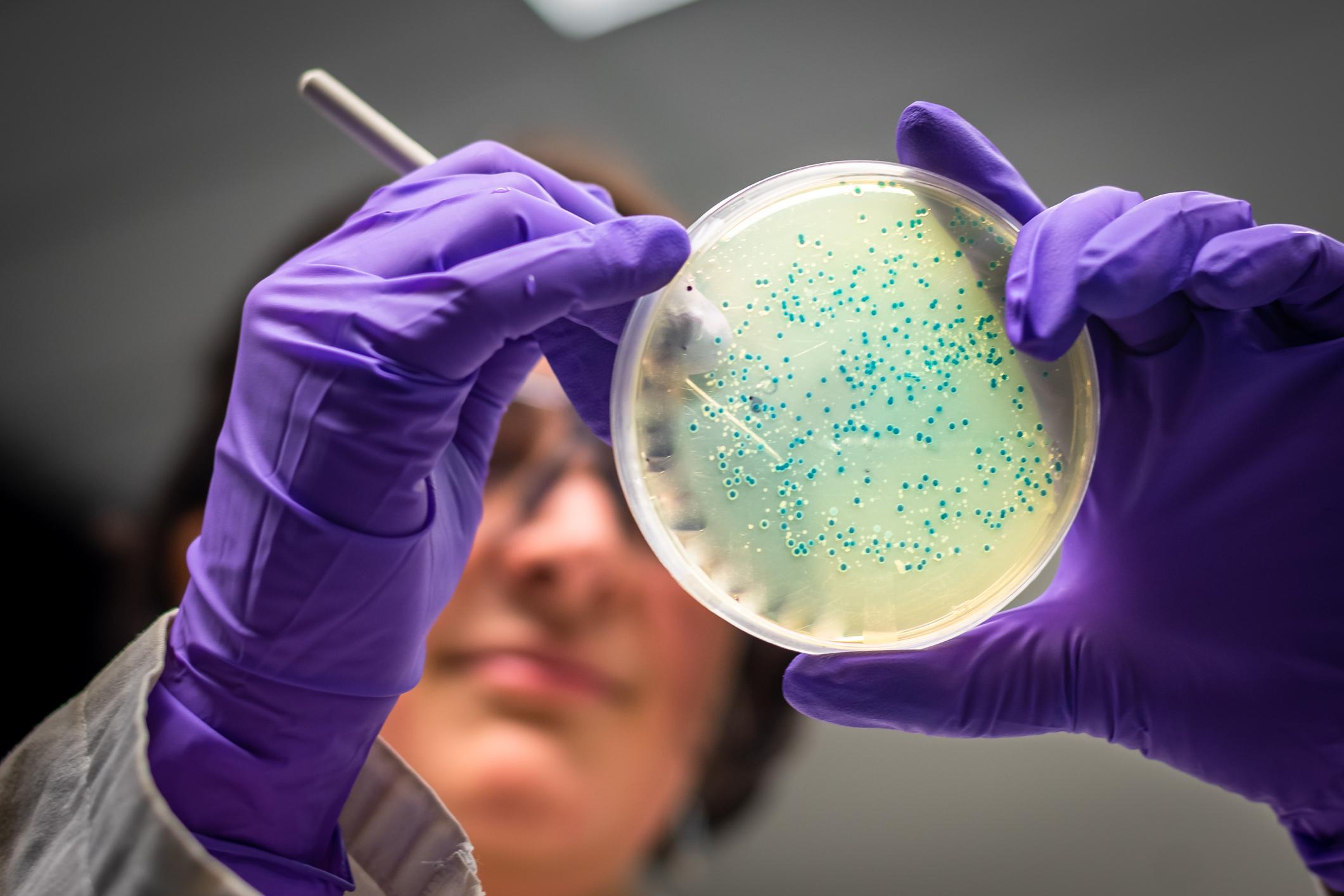Governments have not taken enough action to fight antibiotic resistance, according to the WHO, which calls for urgent measures.

It is one of the major challenges of our time. Multidrug resistant bacteria threaten populations, weaken health systems and defeat science. And yet the planet is absolutely unprepared for this alarming phenomenon.
“Bacteria increasingly difficult to treat”
The World Health Organization is launching a global appeal. A new report titled Global Country Situation Analysis: Response to Antimicrobial Resistance reveals that despite all the activities underway and the many governments that are committed to solving this problem, there remain “major gaps in the necessary actions”, and this, in all regions of the world, we can read in a communicated.
Indeed, certain measures are urgently to be put in place to defuse the trend. We must “avoid the misuse of antibiotics” and “reduce the spread of resistance” at all costs.
“This is the biggest challenge facing infectious diseases today,” emphasizes Keiji Fukuda, Assistant Director-General for Health Security at WHO. All types of microorganisms, including many viruses and parasites, become resistant to drugs. The development of bacteria that are increasingly difficult to treat with antibiotics is a particularly urgent problem. “
A “post-antibiotic era”
This report was released a year after the release of the first-ever global report on the extent of antimicrobial resistance. Its authors then warned of the advent of a “post-antibiotic era”, characterized by mutation of virus strains and increasing resistance of bacteria to treatments against diseases such as blood infections, pneumonia, tuberculosis, cancer. malaria and HIV.
The survey collects data from 133 countries. It assesses for the first time the effectiveness of government actions against antibiotic resistance. And the results are not the most reassuring. Only 34 countries have a comprehensive national plan to combat bacterial resistance.
Sale without prescription
In addition, “the sale of antibiotics and other antimicrobial drugs without a prescription remains common and many countries do not have standardized treatment guidelines”, which increases the risk of overuse of antibiotic drugs by the general public and professionals. of medicine. A phenomenon accentuated by populations “little aware of the problem in all regions, many still believing that antibiotics are effective against viral infections”.
“While there are many encouraging points, more needs to be done to combat one of the most serious threats to global health of our time,” Keiji Fukuda concluded.
.















